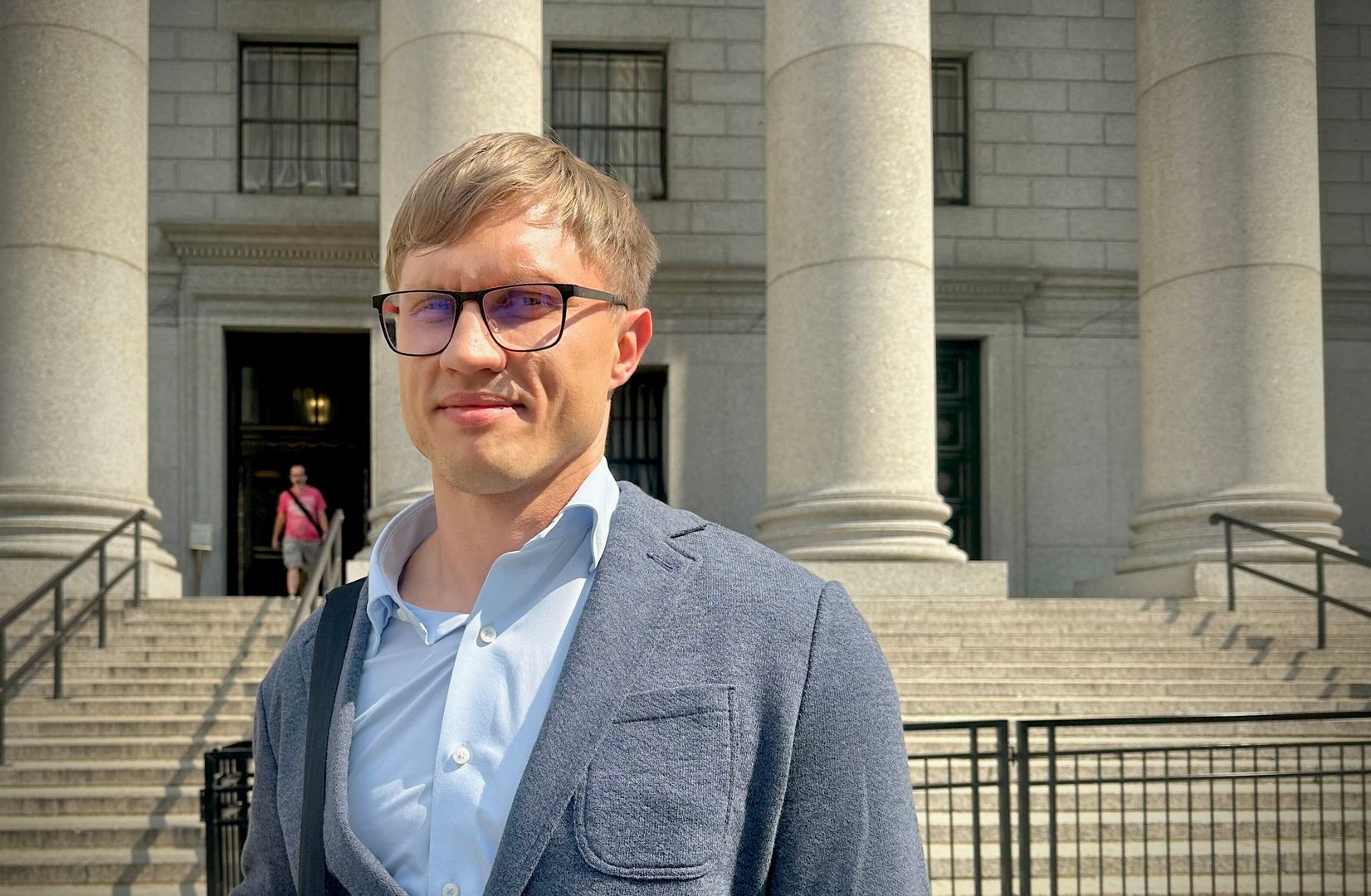
NEW YORK — A Manhattan jury will quickly start their deliberations in Roman Storm’s trial, deciding whether or not the Twister Money developer is responsible of serving to hackers and different cyber criminals launder greater than $1 billion in soiled cash.
Earlier within the day, the jurors heard closing arguments from each prosecutors and Storm’s protection workforce, who every spent hours speaking to the jury trying to re-frame and contextualize the proof elicited through witness testimony over the previous three weeks of trial. Both sides’s summation largely adopted the form of their general circumstances.
Prosecutors tried to color Storm and his co-founders as keen contributors in a prison conspiracy to launder cash for dangerous actors (together with for North Korean hackers). They knew criminals have been utilizing their platform, prosecutors stated, as a result of they received dozens and dozens of emails from victims begging for assist. They both didn’t reply to these emails, or they despatched them a inventory response telling the victims they weren’t capable of retrieve their cash as a result of the Twister Money swimming pools have been immutable — a response prosecutors described as a “script filled with lies.” Although the swimming pools have been immutable (a incontrovertible fact that skilled witnesses on either side agreed on), Storm and his co-workers had full management of Twister Money’s consumer interface and often made modifications to it. Thus, prosecutors argued, they may have, in the event that they needed to, made modifications that will have dissuaded hackers from utilizing it, akin to implementing a consumer registry that saved information of Twister Money’s transaction information. As a result of they didn’t, prosecutors stated, Storm and his colleagues knew they have been constructing a instrument for hackers, calling Twister Money’s privateness purposes a mere “cowl story” for the actual objective: making a great deal of cash off criminals.
When it was the protection’s flip for closing arguments, Storm’s attorneys pushed again in opposition to the federal government’s narrative, stating quite a few situations the place the prosecution had cherry-picked information, textual content messages and different vital proof to make Storm and his co-founders look dangerous. For instance, prosecutors stated of their closing arguments that Storm knew Twister Money was doing one thing dangerous, as a result of he lied to his financial institution about what he was doing on a routine enterprise account survey. However Storm’s attorneys informed the jury that prosecutors had left off a whole part of solutions on Storm’s reply to the financial institution, the place he informed them he was engaged on a decentralized finance (DeFi) mission, that his firm had crypto investments, and that it obtained cash from Gitcoin, a crypto funding platform. Storm, his attorneys stated, didn’t assume he was doing something unlawful in constructing Twister Money — it was developed out within the open, spun out of a 2019 ETHBoston hackathon mission, that attracted curiosity from respectable traders.
“This [wasn’t] occurring in some again alley someplace” stated David Patton, a companion at Hecker Fink and a lawyer for Storm.
Twister Money, Storm’s attorneys stated, was developed to fulfil an actual and vital want for privateness within the Ethereum neighborhood. For them to have carried out a consumer registry that tracked consumer’s transactions and private info — a “resolution” floated by the prosecution’s skilled witness Philip Werlau that he stated may have stopped hackers from utilizing the platform — could have dissuaded hackers, nevertheless it additionally would have fully defeated the privacy-preserving functions Twister Money was created to unravel within the first place.
“It’s simple for the prosecution…to Monday morning quarterback,” Patton stated. “‘You need to have finished one thing totally different, we expect it is best to have made it extra like Google or Spotify…the software program wasn’t unlawful. He wasn’t required to close it down or change the entrance finish.”
Patton rejected the prosecution’s concept that Storm was due to this fact complicit in prison exercise as a result of he didn’t voluntarily make modifications to make his product much less engaging to criminals.
“That’s such a leap,” he stated.
Storm has been charged with one rely every of conspiracy to commit cash laundering, conspiracy to function an unlicensed cash transmitting enterprise, and conspiracy to violate worldwide sanctions — prices for which, if convicted on all counts, he faces a most sentence of 45 years in jail.
On the time of publication, the decide overseeing the case, U.S. District Decide Katherine Polk Failla of the Southern District of New York (SDNY) is charging the jury earlier than releasing the group to start deliberating.




